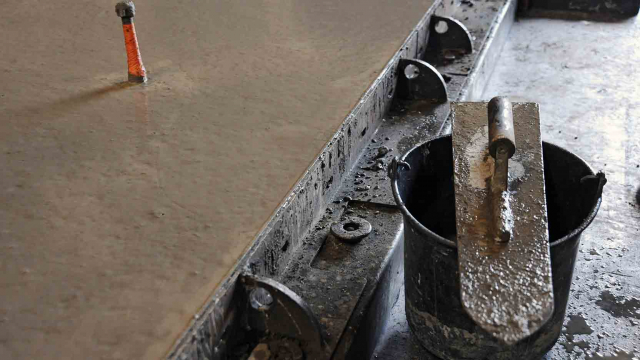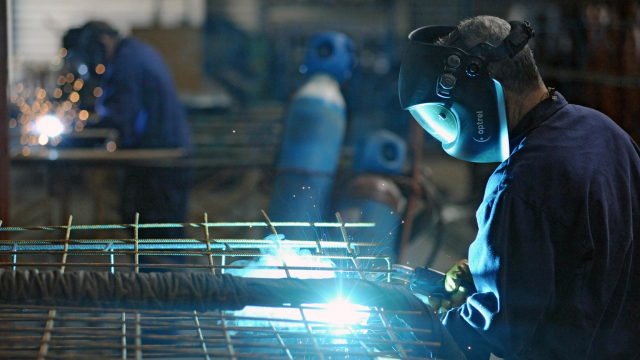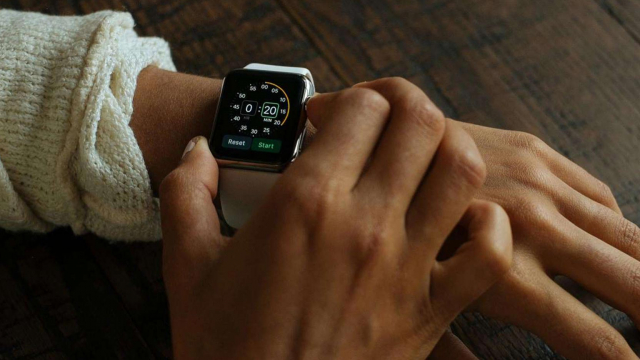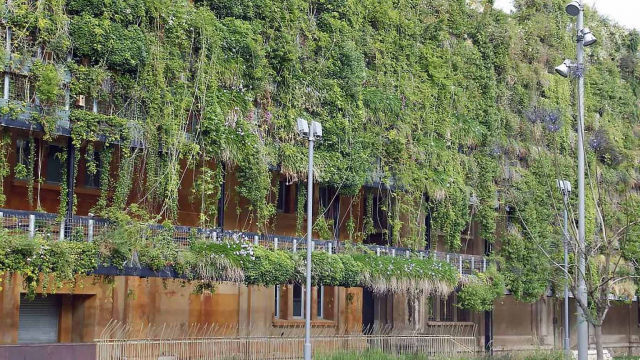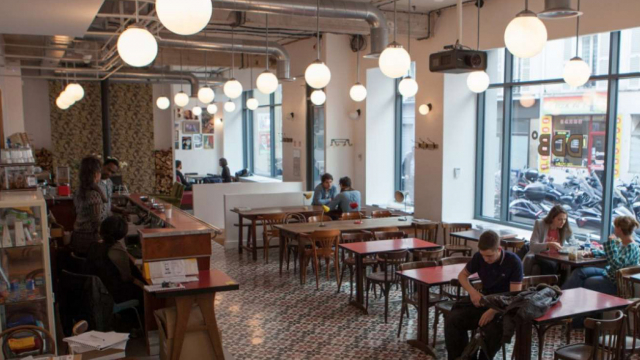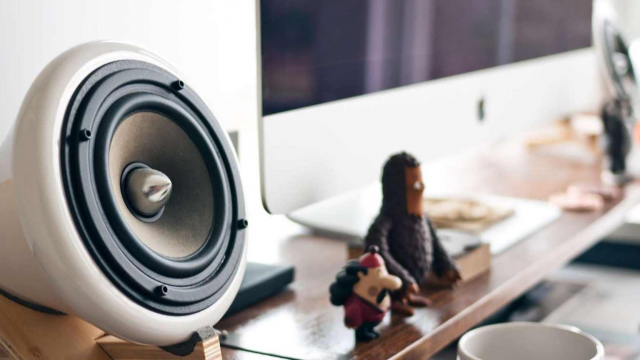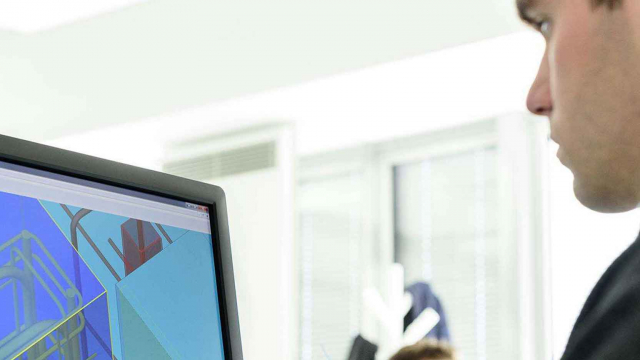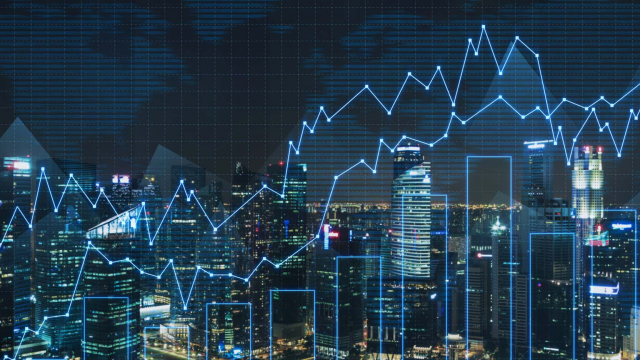NewsRoom - And tomorrow ?
Quiz: What kind of colleague are you?
Our daily habits at the office are very telling. Is your desk chaotic, are you a control freak, are you easy-going? Take this test to find out what kind of colleague you are!1) In the morning during your coffee break…
Concrete: the comeback of a resistant – and attractive — material!
You either like it or you don't: concrete rarely leaves people indifferent. The external appearance of buildings constructed in the 1960s and 1970s is the main reason for this attitude.
Darwin, the ecosystem of transition
In the centre of Bordeaux, on the right bank of the Garonne, on three hectares of former military wasteland stands Darwin, an ecological, responsible laboratory that houses coworking spaces, companies, associations, retail shops and restaurants.
Laughing your way to the desk: a short history of humour in the office
Work is a serious matter, but it's possible to be funny while working! Humour, long kept restrained and subdued in the work context, is now recognized as an essential component.
Building smart buildings intelligently
The building sector consumes more energy than any other sector in France. As the leading consumer, it plays a major role in energy transition. The challenge faced by industrialists in the public works.
Connected objects at the service of occupational health
At a time when companies are increasingly looking after their teams' well-being, connected objects are being introduced in the workplace to support and improve workers' health.
Biodiversity and building: myth or reality?
While it has been the object of numerous studies, on the ground biodiversity is still far from having the protection it deserves in the light of its contributions and benefits. In the face of climate change.
Well-being at work: some inspiring solutions
Relaxation areas, nap rooms, colourful offices and coffee machines worthy of a bistro testify to the fact that companies are attaching more and more importance to employees' well-being.
Will the office of the future be paperless?
A survey of office employees conducted by Ricoh and The Economist reveals that 59% of respondents believe that non-digital information will be completely obsolete by 2020.
A brief history of office break rooms
Today, foosball and ping pong tables are practically essential features in every self-respecting startup.
All about BIM: 6 questions for Olivier Pellegrin
The emergence of BIM (Building Information Modelling) in the GA Group has transformed working habits and methods. FullBIM, the digital modelling process implemented in the Group, is more than just a tool
Smart buildings and users: an enduring relationship that needs to be invented
By monitoring and analysing all items of energy consumption, production and storage, smart buildings can manage flows as quickly and efficiently as possible.

